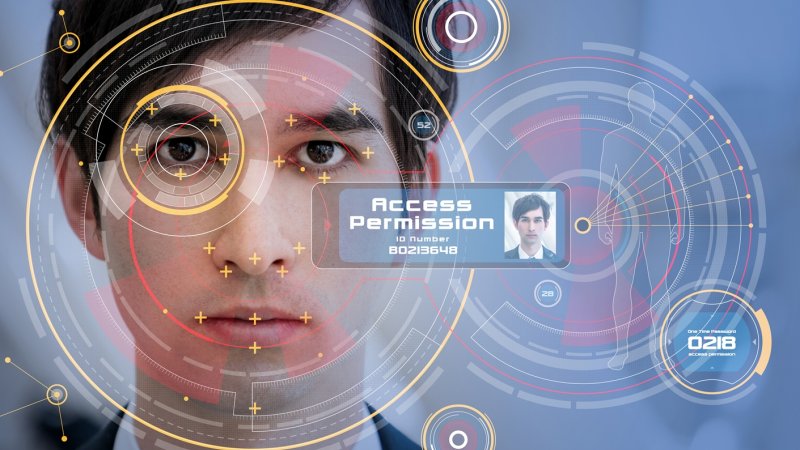The International Air Transport Association (IATA) is calling for the rapid implementation of digital identity technologies to enhance both aviation security and operational efficiency during the Leaders' Week in Sydney.
At the Leaders' Week in Sydney, organized by Qantas, experts from the aviation sector around the world and government officials from Australia, Canada, China, New Zealand, the UK, and the US are participating.
Technology continues to revolutionize the aviation world. The most significant advancement in recent years is the integration of biometrics, which opens a new world of convenience, security, and seamless travel experiences.
Among all parties, there is a broad consensus that digital identity can offer significant benefits for aviation security: improved document uniformity, reduced fraud, prevention of unauthorized access, facilitation of identity verification, and streamlining cross-border operations.
Additionally, unified identity technology will contribute to improved operational efficiency, both by simplifying document verification and optimizing resource allocation.
"Global cooperation leads to secure flights, and adopting verifiable identification standards is the next natural step to strengthen security, trust, and efficiency for all aviation stakeholders, crossing all geopolitical divides," said Nick Careen, Senior Vice President of IATA for Operations, Safety, and Security.
In support of this initiative, the One ID program of IATA advocates for universally compliant digital identity standards, allowing travelers to verify their travel documents before departure and navigate the airport using biometric identification instead of traditional physical documents.
Through the program, IATA enhances the framework for aviation security, emphasizing the importance of regulatory alignment, cooperation, and infrastructure as essential components for harnessing the benefits of digital identity in the global aviation sector.
